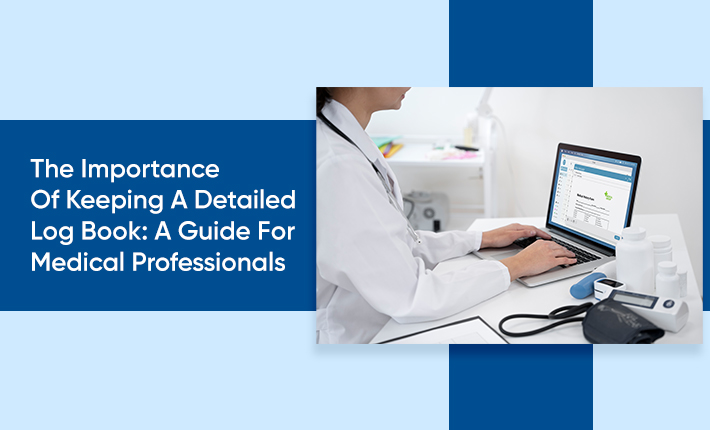Keeping a detailed log book is an essential part of the work of medical professionals. It serves as a record of a patient's medical history, diagnosis, treatment, and progress. A log book is a tool that can be used to keep track of a wide range of information, including vital signs, test results, medication regimens, and more. In this blog post, we will explore the importance of keeping a detailed log book and provide tips for medical professionals to make the most of this valuable resource.
1. Facilitating Continuity of Care
A detailed log book helps ensure continuity of care for patients. By keeping accurate and comprehensive records, medical professionals can ensure that the next provider has a clear understanding of the patient's medical history, including any previous diagnoses, treatment, and test results. This is particularly important for patients with chronic conditions, who may require ongoing care from multiple providers over time.
2. Improving Diagnostic Accuracy
A log book can help medical professionals identify patterns and trends in a patient's symptoms, test results, and treatment outcomes. This information can be used to make more accurate diagnoses, develop more effective treatment plans, and monitor progress over time.
3. Enhancing Patient Safety
By maintaining a detailed log book, medical professionals can identify potential medication errors, prevent adverse drug interactions, and ensure that patients receive the correct treatment at the right time. In addition, a log book can help identify patients who are at high risk of complications or adverse events, allowing providers to take appropriate measures to prevent these events from occurring.
4. Supporting Research and Quality Improvement Efforts
A detailed log book can be a valuable resource for research and quality improvement efforts. Medical professionals can use the information in the log book to identify areas where care could be improved, develop new treatment protocols, and track the effectiveness of interventions over time.
In conclusion, keeping a detailed log book is essential for medical professionals. It can help ensure continuity of care, improve diagnostic accuracy, enhance patient safety, and support research and quality improvement efforts. By following best practices for log book entry, medical professionals can make the most of this valuable tool and provide the best possible care for their patients.




